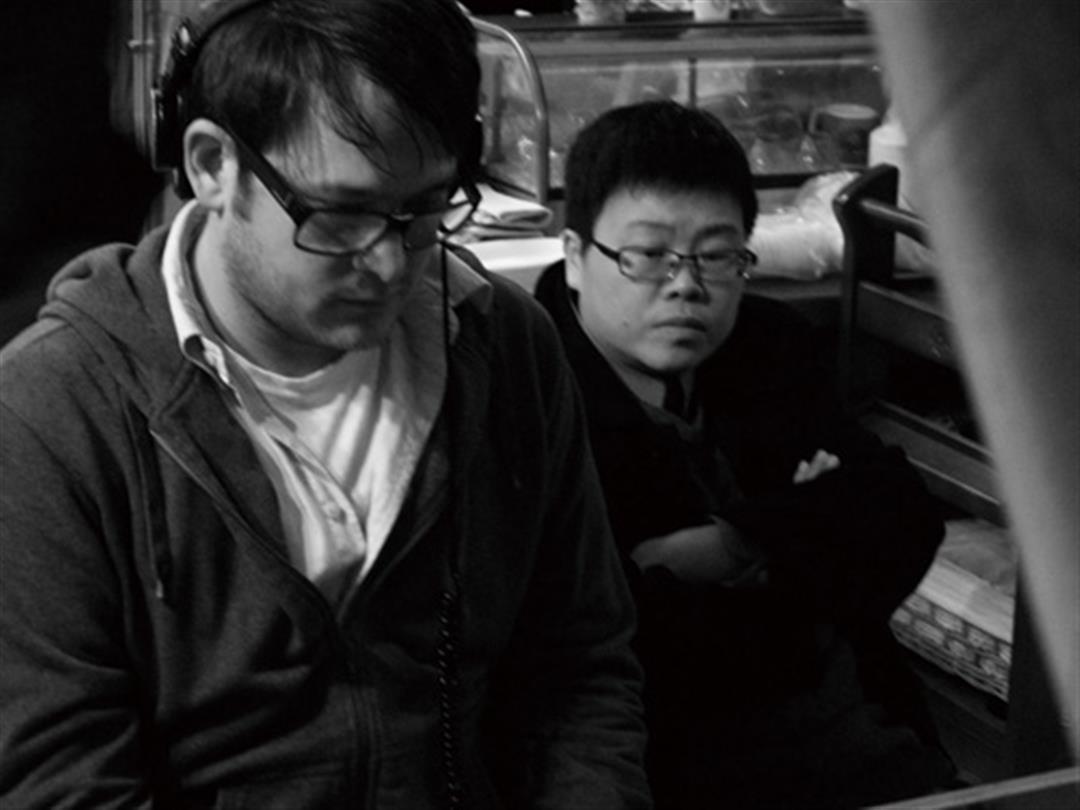Film is work and life
After all the work of promoting and selling a film and finding investments, people, and subsidies, there are only a few free days left at the end of the year. She can use the time to do her core work in her Taipei office on Fuxing South Road, which is a remodeled apartment and still has a kitchen. She reads scripts, discusses new projects with directors, or chats with her Ocean Deep Films co-workers about the progress of films in production.
In the evening, she has the rare opportunity to leave work early and see a movie in Ximending. "That's purely for pleasure," she says with a bright smile. Coming out of the theater, she hails a cab and heads for Shida Road. Opening the door of the Blue Note nightclub, she sees her friend, Orz Boyz director Yang Yazhe, is already there waiting for her. Dark beers arrive on the table, and the two filmmakers get to talking-the subject, of course, is film.
Just like in any other business, when you want to make a film in Taiwan, networking is key. These people work together and play together. Film pulls work and life together inextricably.
"If you need lighting, I can introduce someone. I don't have any projects going on right now, so I can be your assistant director and at least keep that feeling of working around film," Winds of September director Tom Lin once said. After Wei Te-sheng, or "Xiao Wei," as his friends call him, finished writing the script for Cape No 7, Lin was one of the first to read it. "Reading scripts, giving feedback, finding people, finding funding-everybody helps each other out. We'll even introduce commercial and television work to help pay the bills."
For Orz Boyz, which among last year's domestic films was second only to Cape No. 7 in popularity and box-office returns, Yang considered asking Ye to produce before settling on Li Lie.
However, "Rufen was too busy at the time," Yang says. In 2007 and 2008, all of her time was taken up by Red Cliff, Winds of September, and the Chinese-Japanese international production Tea Fight. Does she have to justify to herself working on Winds of September and missing out on the hit Orz Boyz?
"I don't think about it that way, because I said yes to Tom first. I always felt like I owed him a film. At that time I'd already signed on to Winds of September and couldn't accept an offer for another film. Moreover, Lie was so great. She supported Yazhe completely and found the right actors." Ye is confident that with domestic films finally getting attention, the success of any single filmmaker is a source of pride for all.

Miss Kicki, a joint production with Sweden, shows Ye's ambition. Pictured are Ye and director Hakon Liu (left) inspecting the just-finished footage.